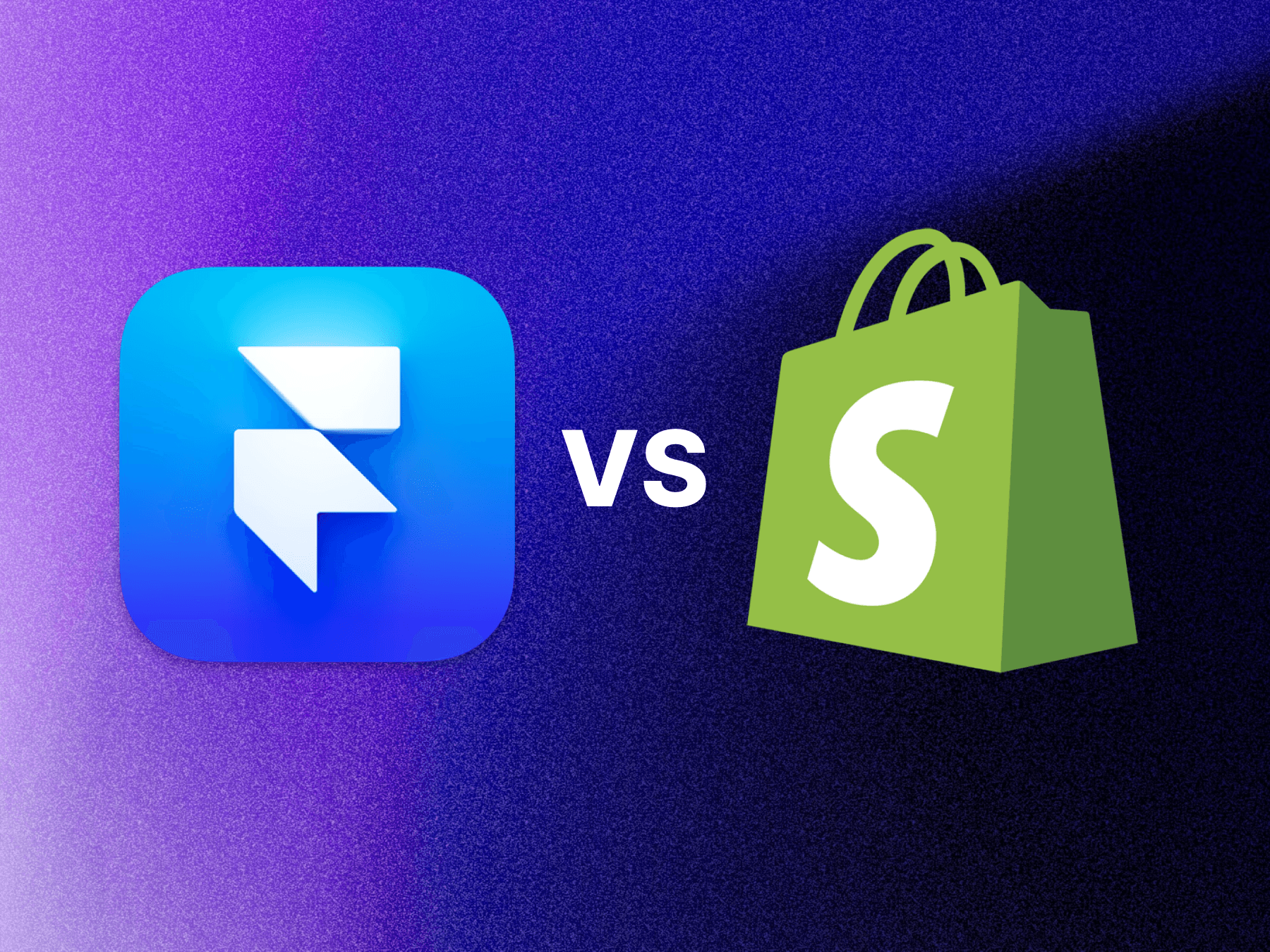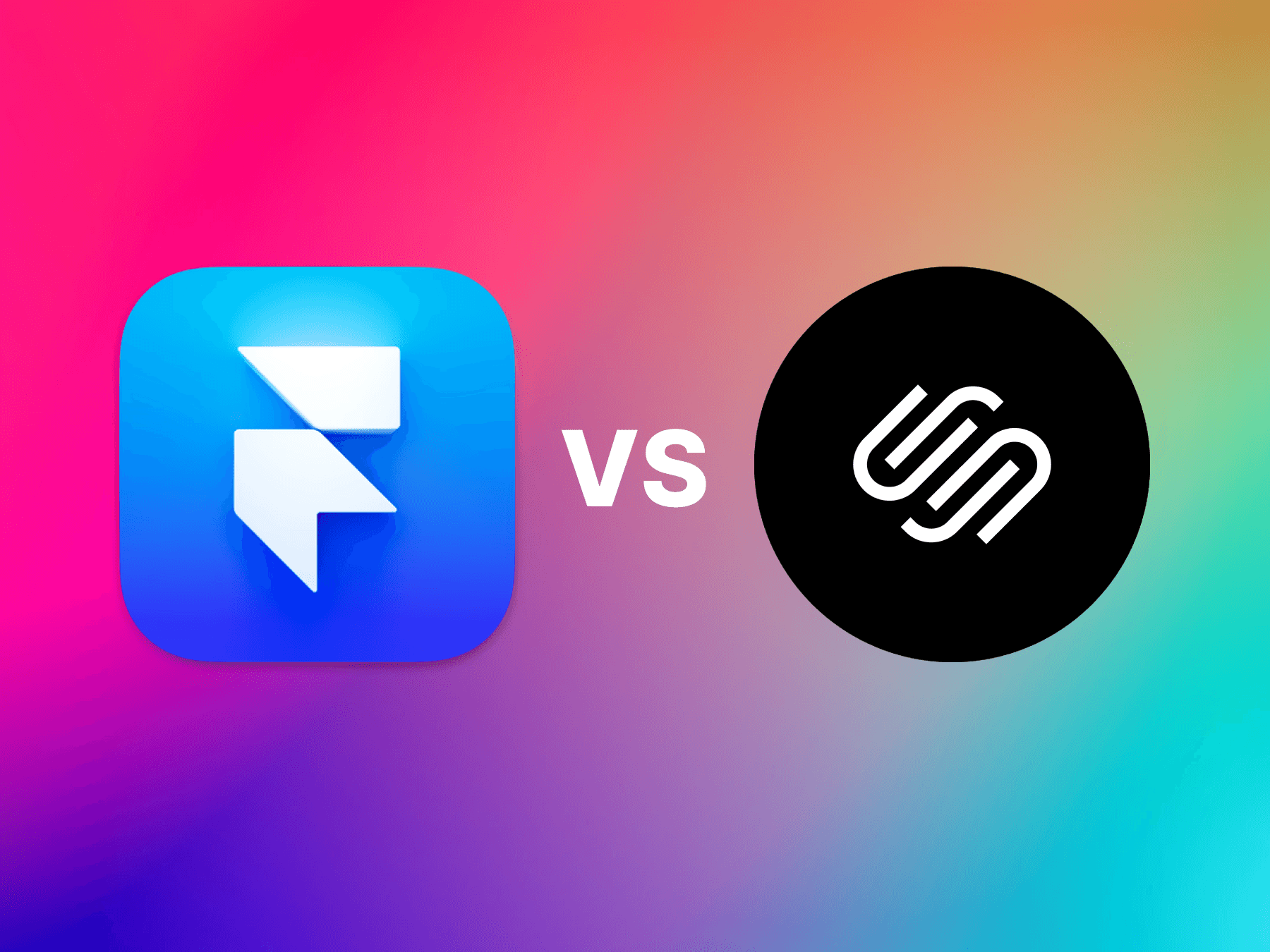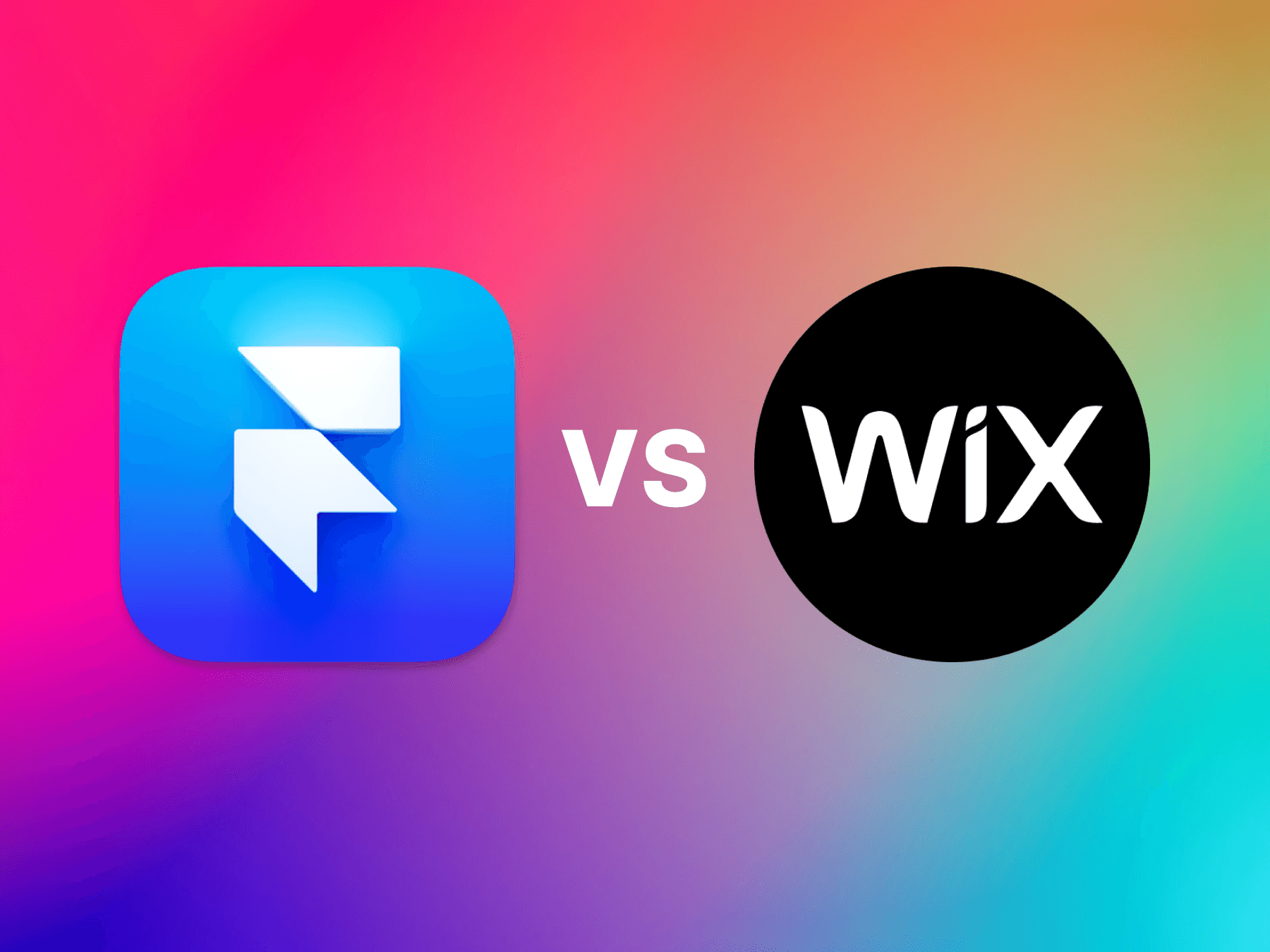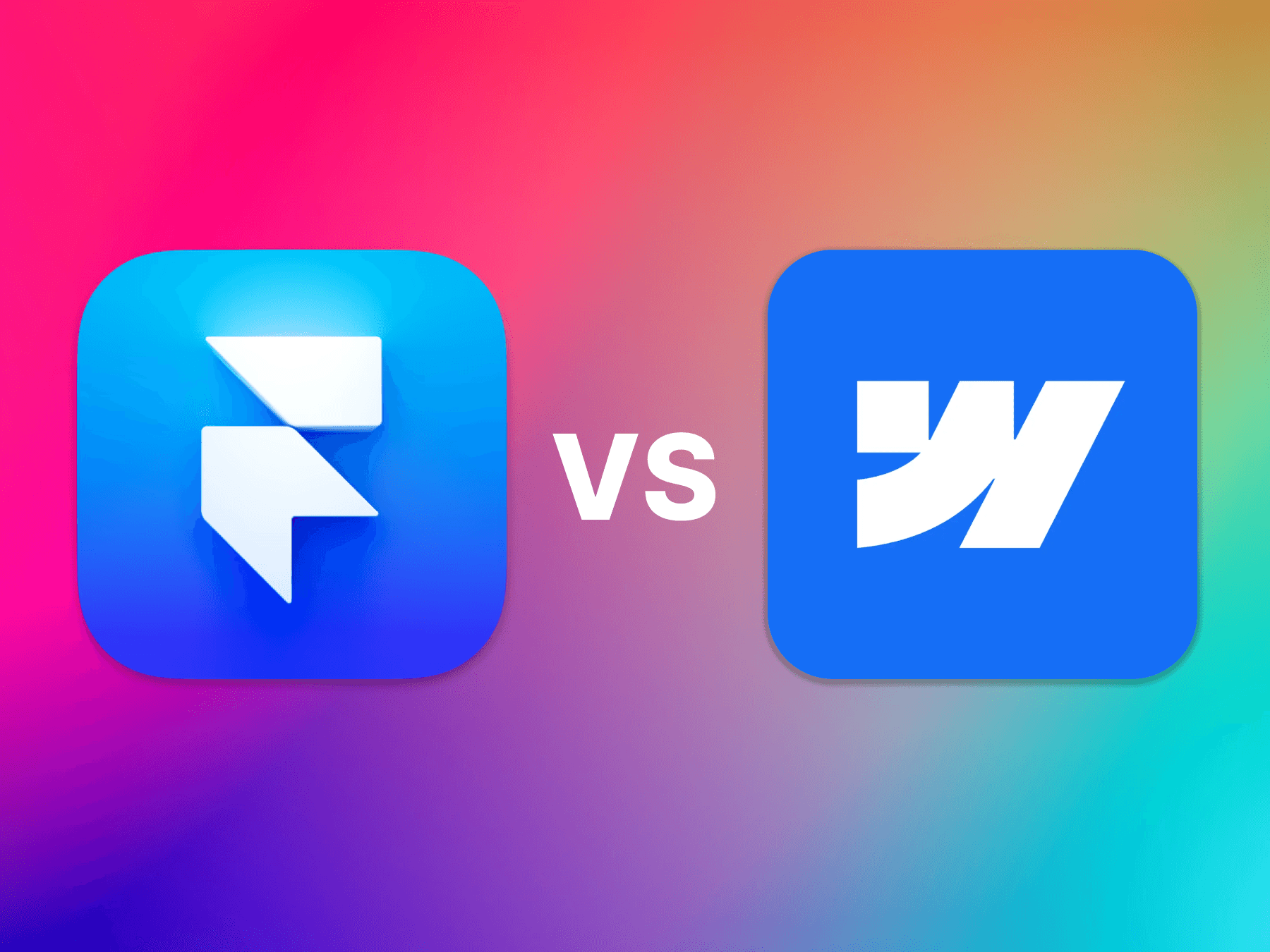Last Updated: Nov 11, 2024
5 Common Freelance Myths and the Reality Behind Them
Freelancing is often portrayed as a glamorous career path filled with flexible hours, big money, and working from anywhere. While some of that is true, there are many myths that give people a skewed perception of what freelancing is really like. Here are 5 common myths about freelancing and the reality behind each one.
1. Myth: Freelancers Have Unlimited Freedom
Reality: Freelancers can control their schedules to some extent, but unlimited freedom is far from the truth. Deadlines, client meetings, and unpredictable workloads often dictate how you use your time.
Many freelancers find that they work longer hours compared to a traditional 9-5 job, especially when trying to secure new clients or wrap up multiple projects at once. Freedom is there, but it comes with responsibility and requires discipline.
2. Myth: Freelancing Is Easy Money
Reality: The idea that freelancing is an easy way to make money is a huge misconception. The truth is, building a stable freelance career takes time, effort, and skill.
As a freelancer, you’re responsible for finding clients, managing contracts, delivering quality work, and ensuring that you get paid. When starting out, you may even face long periods without any income until you establish yourself. Freelancing can be financially rewarding, but it’s not a quick path to riches.
3. Myth: You Can Work Anytime You Want
Reality: While freelancing does offer some flexibility in setting your work hours, this often depends on your clients' needs. Clients may expect you to be available during their working hours, regardless of your personal preferences.
In reality, working “anytime you want” often turns into working when clients need you, meeting urgent deadlines, or accommodating unexpected changes. It’s about balancing flexibility with reliability.
4. Myth: You Don’t Need to Market Yourself
Reality: One of the biggest challenges in freelancing is actually marketing yourself. Unlike a regular job where work is assigned, freelancers must constantly seek out new projects and clients.
Creating a portfolio, engaging on social media, networking, and even cold pitching are all part of a freelancer’s life. If you’re not willing to market yourself, you might find it difficult to maintain a consistent workflow. Tools like Framer and portfolio-templates.com can help create a polished portfolio that attracts clients, but ongoing self-promotion is key.
5. Myth: Freelancers Don’t Need Contracts
Reality: Skipping a contract is one of the biggest mistakes freelancers can make. A contract protects both you and your client by outlining the scope of work, deadlines, payment terms, and expectations.
Without a contract, you are vulnerable to issues like scope creep (where the client demands more work than originally agreed upon) or non-payment. Always insist on having a contract before starting any project, even if it's with friends or family. A simple written agreement can save you from major headaches down the line.
Conclusion
Freelancing is often glamorized, but the reality is that it requires hard work, marketing skills, and a solid plan to manage your time and income effectively. Yes, there’s freedom, but it’s balanced with responsibility. Debunking these common myths helps set realistic expectations and better prepares you for a successful freelance journey.
FAQs
1. Is freelancing really flexible?
Yes, freelancing is flexible, but it also requires discipline. Deadlines and client needs often limit when and how you work.
2. Do freelancers need a contract for every job?
Absolutely. A contract is essential to protect both parties and clarify expectations, payment terms, and scope of work.
3. Is it easy to make money as a freelancer?
No, making a stable income as a freelancer takes time, effort, and the ability to find and retain clients. It’s rewarding, but not easy.
4. Can freelancers work from anywhere?
Yes, in most cases, freelancers can work from anywhere with an internet connection. However, client meetings and deadlines may still require adherence to a particular schedule.
5. How important is self-marketing for freelancers?
Extremely important. Finding clients and keeping projects flowing depends on how well you market yourself and your services.







